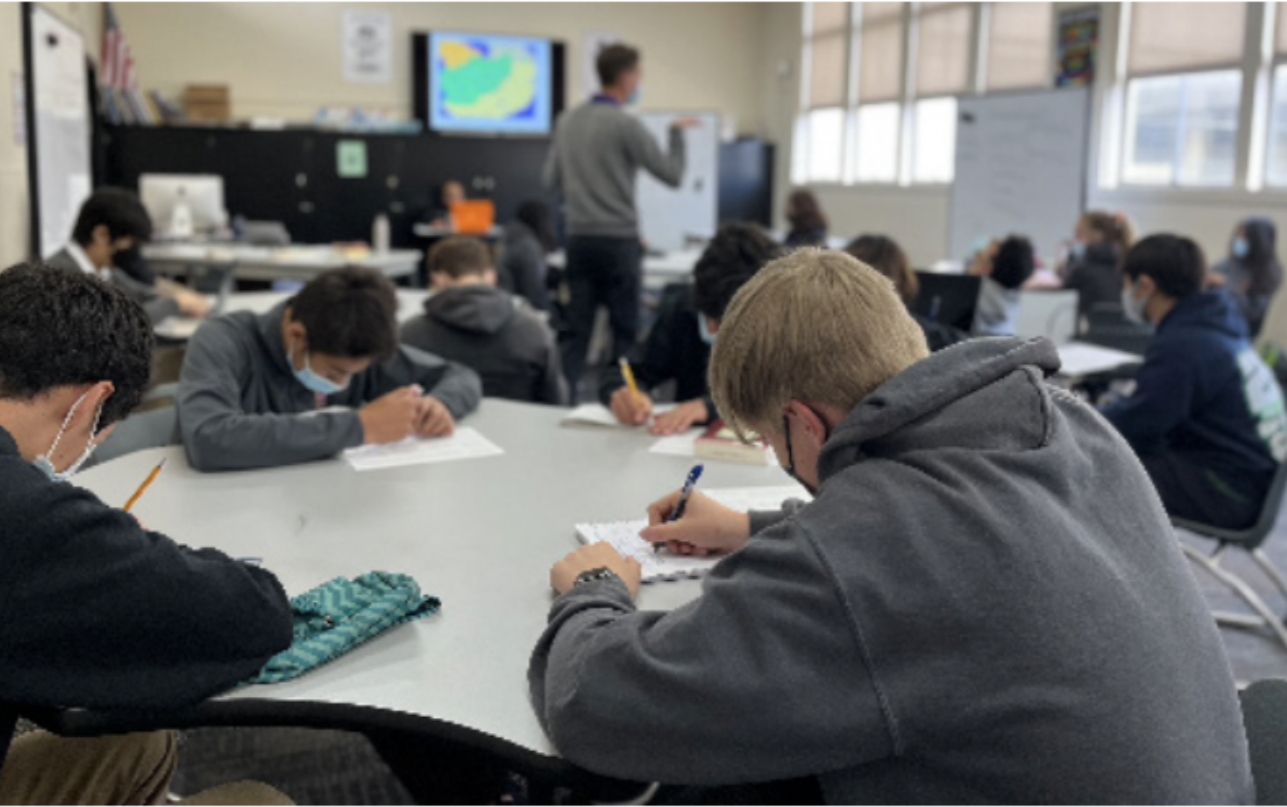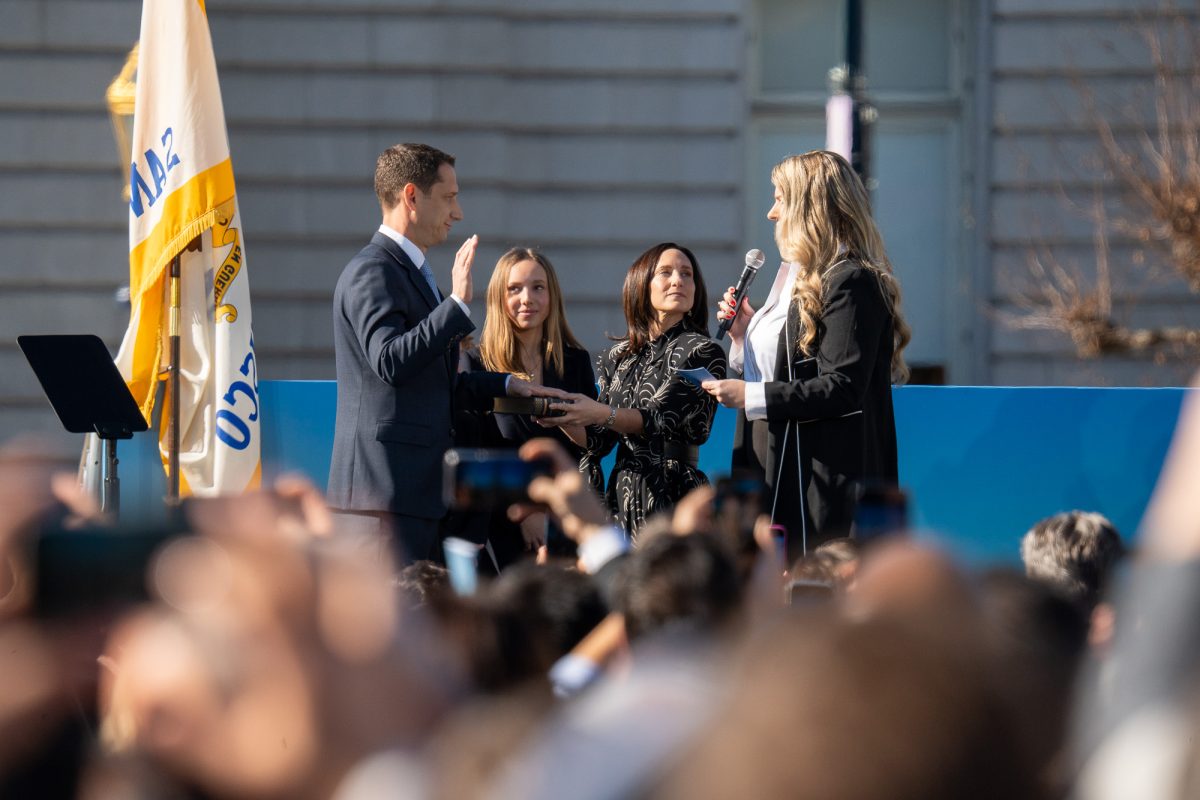Riordan, one of the few Catholic schools that offers a structured support system for students with learning differences, the Resource Specialist Program, is celebrating 30 years. The goals focus on assisting students with their learning strategies, helping them with lessons, and extending beyond that. Outside of the classroom, RSP strongly emphasizes the importance of student advocacy. Throughout the past 10 years, the program has grown significantly as the number of students and coordinators doubled.
Nate Simon ’99, Dean of Academics, and former Director of the RSP Program, said, “We provided a structured and individualized support program through a tiered structure that was unique to Catholic schools. The program could be tailored to fit a variety of learners and allowed students access to a college prep curriculum who didn’t otherwise have that access.”
Stephanie Lundin, who started as an RSP coordinator in the fall of 2012, and recently became director of the program, said, “All students in the RSP are allowed to take their tests in the Testing Room so they’re less distracted and have access to after school support until 4 p.m.”
Each student is evaluated and applies to the program through an interview with RSP staff to determine their learning difficulty.
Lundin also added, “They have to submit evidence that they have a diagnosed learning difference to be in the program. Most students come in during their freshman year but there are some students who get evaluated later in their high school career and move into the program then.”
Jordan Davis ’04, who has been an aide with the program since 2018, said, “When I was attending Riordan, I was a part of the program, and it’s much bigger now.”
Over the course of time, students have been able to tackle their learning difficulties through the services offered, which has positively impacted students’ skills inside and outside school. Jordan said the program assists students “by helping students understand their academic strengths, as well as letting students know that they have support in the total well-being of a person, not just only their academics.”








